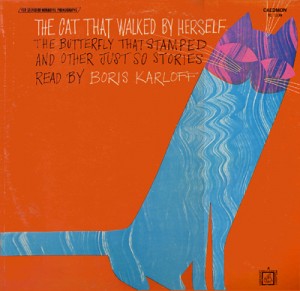It was refreshing to see an article on the front page of The New York Times on the sexist culture of academia, in this case philosophy departments. Not that any one area of our culture deserves to be singled-out or assumed immune. Men assert their superiority everywhere. Women enable them in taking it.
We try to train our sons to think differently, but they absorb what surrounds them. We all collude and we’re all equally trapped and implicated, even those of us who can argue eloquently otherwise. Or maybe I should have stopped myself yesterday from reading all the way through the article about ‘rape culture’ in Steubenville, OH and our Twittering appetites in this week’s New Yorker.
I remember when I was a kid seeing Elizabeth Taylor and Richard Burton in the film The Taming of the Shrew and wondering what made Liz Taylor shrink and diminish her wild child. She did not appear to me to be in any way ‘lacking’. Even (or maybe especially) at 8-years-old I felt the desperation of capitulation and yearned for the freedom of bonny Kate.
All abundant survivors, please speak.



